Beth Rontal – Mastering DSM-5® Differential Diagnosis, Mental Health Documentation
$199.00 Original price was: $199.00.$56.05Current price is: $56.05.
Available for Pre-Order. This product will be available within a few days.
Beth Rontal – Mastering DSM-5® Differential Diagnosis, Mental Health Documentation
Learn proven, step-by-step formulas that will streamline your paperwork processes, help you avoid common diagnostic errors, and improve your client outcomes… without having to take your laptop home on nights and weekends.
When clients come into your therapy office, providing them with an accurate diagnosis is never as simple as we were taught in grad school — matching a “textbook case” to a simple DSM symptom checklist.
Instead, clients come in with an assortment of symptoms across diagnostic categories, complicated health concerns, and various life stressors all mixed together.
As a clinician who’s already stretched for time, how do you know exactly what and how much to include in your diagnostic assessments… providing enough detail to capture those concerns while still keeping up with the paperwork for all of your other clients?
In this advanced online course, you’ll master step-by-step formulas that will help improve your clinical outcomes and streamline your processes… even with the most challenging cases.
Join expert trainer, Dr. Margaret Bloom and “Documentation Wizard,” Beth Rontal as they reveal how to…
- Increase your confidence in diagnosing complex cases, and helping your clients get better outcomes in the process
- Protect you against audits and lost revenue, saving you time and unnecessary stress
- Decrease the amount of time you spend on paperwork, while still documenting the excellent work you do with your clients
(These are the same formulas that took one clinician from being on the verge of losing her job and drowning in paperwork… to being completely caught up and teaching others to improve their own processes.)
LIMITED TIME BONUS! Register today and you’ll get a FREE CE video showing you exactly how to apply these advanced principles to the most complex diagnoses and behaviors including trauma, impulse control concerns, suicidal thoughts, and self-injurious behaviors… starting today.
Here’s what you’ll learn in each of the course modules:
- Where to find the newest updates to DSM-5® diagnoses (so you’re not misdiagnosing based on the outdated version on your shelf)
- The FREE assessment tools available online that you can use with your clients today
- What factors to consider when specifying the severity for the DSM-5® diagnosis
- How this simple, four-step process leads you to more accurate diagnoses with complex cases
- The most common errors therapists make at each step in the process (and what steps to take to avoid them)
- How to use the “rule of 5” to make better clinical decisions for differential diagnosis
- The medical conditions, substances, and medications you must consider before diagnosing depression, anxiety, or thought disorders
- The 3×3 matrix that helps you easily differentiate between 17 anxiety disorders
- How to avoid using “garbage diagnoses” and what diagnoses to consider instead
- The simple checklist you need to include to justify medical necessity for insurance
- “The Golden Thread” that reflects your work with integrity, respects client confidentiality, passes audits, and gets reimbursed by insurance companies
- Expert answers to the most common documentation questions – how much to write, when to write it, and what kind of notes you need to protect your professional integrity
- The 12 elements you need to include in all your treatment plans
- How to avoid writing cookie-cutter treatment plans (and what insurance companies really want you to include)
- “The movie question” to ask your clients during treatment planning to see how their family and friends view the problem
- The comprehensive checklist of pieces you need to include in your progress notes, so you’ll feel confident in what you include and save time by eliminating the rest
- Examples of how to write interventions for different modalities (with specific wording for supportive therapy, CBT, IFS, and mindfulness)
- The #1 element to remove from your notes in order to maintain client confidentiality and save yourself time writing
- The 27 elements to include in your diagnostic assessments (including those that therapists sometimes forget to ask about)
- How to write your diagnostic summary to make treatment planning even easier
- What other resources to ask clients about that may make treatment with them more effective
- The 20 “red flags” that trigger audits and repayment to insurance companies (and what to replace those with to protect yourself)
- The specific diagnoses that insurance companies watch for, and how to justify them effectively in your paperwork
- Why “copy and paste” might cost your clinic money, and how small changes can make a big difference
Would you like to receive Beth Rontal – Mastering DSM-5® Differential Diagnosis, Mental Health Documentation ?
Dr. Peggy Bloom, licensed psychologist and nationally certified counselor, is a Professor Emerita of Counselor Education and Counseling Psychology at Marquette University, where she taught psychopathology, diagnosis, and assessment. She also served as the board chair of the Center for Education and Credentialing of the NBCC.
Dr. Bloom has provided training on advanced diagnosis for mental health professionals across the United States since the DSM-III-R, bringing a unique interdisciplinary perspective to each seminar.
Speaker Disclosures:
Financial: Margaret Bloom is a Professor of Counselor Education and Counseling Psychology at Marquette University. She receives a speaking honorarium from PESI, Inc.
Nonfinancial: Margaret Bloom has no relevant nonfinancial relationship to disclose.
Beth Rontal, LICSW is a clinical documentation consultant and private supervisor, also serving as a clinical supervisor at a mental health clinic for 16 years.
In that role, she was instrumental in developing and implementing the clinic’s first electronic documentation system, significantly reducing documentation time and errors and reducing the paperwork returned by clinicians from 65% to 8%. This allowed for the addition of 3 to 5 clinical hours per week and generated thousands of dollars in savings for the company.
Ms. Rontal continues to be a sought-after national lecturer, teaching seminars and helping others receive similar results with their documentation over the course of many years.
Be the first to review “Beth Rontal – Mastering DSM-5® Differential Diagnosis, Mental Health Documentation” Cancel reply
Related products
Health & Medical
N. Bradley Keele – Psychopharmacology Update – Medications, the Brain, and Behavior
Health & Medical
Health & Medical
Kate Freeman – Heart Of Releasing – Masters for Daily Releasing
Health & Medical
Kate Freeman – Heart Of Releasing – Healthy Body, Beautiful Being
Health & Medical

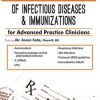

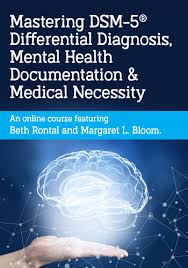

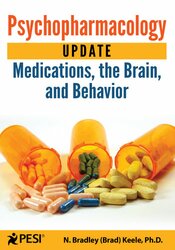
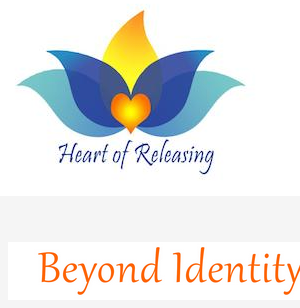
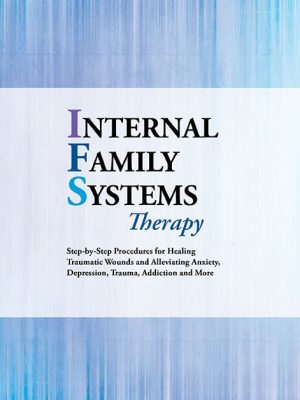


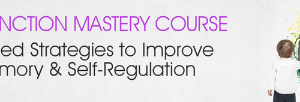
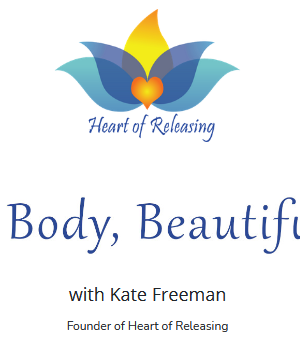

Reviews
There are no reviews yet.